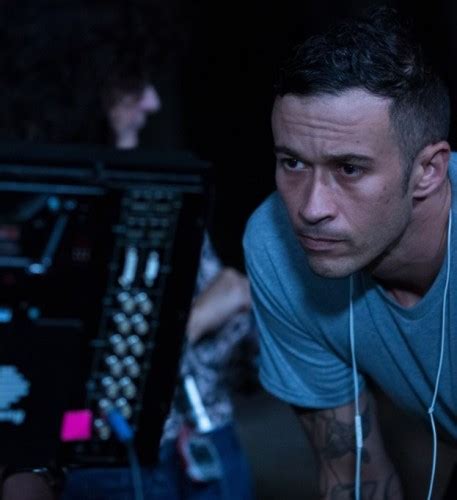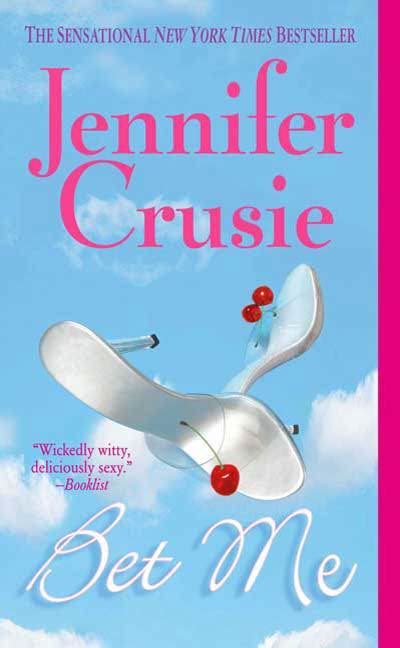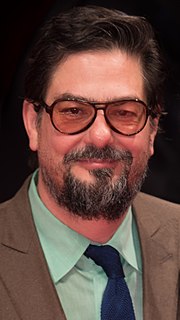A Quote by Rob Riggle
I always try to stick to the script because I want to respect the writers, and I want to respect the director. But if the director and my fellow actors are okay with me playing with it a little bit, then I definitely want to play with it.
Related Quotes
I always try to stick to the script because I want to respect the writers, and I want to respect the director. But if the director and my fellow actors are okay with me playing with it a little bit, then I definitely want to play with it. I definitely want to do that, because I tend to... when I put things in my own words, it comes out way better. It flows naturally, it just feels better. I can put some weight into the words. Even in comedy, it just comes better.
With a director it's all about the work; I'd work with a great director over - you know, I'm not the kind of actor who that doesn't go, 'I want to play this role.' It's more like, 'I want to work with this director,' regardless of what the role is because if it's a good director, you'll probably find a good role because it's a decent film. But a mediocre director will always make a mediocre movie.
Part of why I wanted to produce was because I wanted the opportunity to work on projects I want to see. As a writer and as a director, I'm very specific about the kinds of things that I want to do. The opportunity that producing has given me is that by working with different writers and trying to get their movies made, or developing their script, or making their movies, every time I'm doing it, I'm learning and then bringing something to my own work. I like to think that there's a little bit of back and forth that goes on.
You want to give the director what they want, and you don't always know exactly how it goes, so you want to try it a few different ways. You have to be flexible; you have to be in collaboration with the director; you have to be versatile. But you also want to be protective of what you really believe in and how you feel it should be portrayed.
I've had friends who have come away who've said, "I shouldn't have become such close friends with the director." You always want to get on with the director, but I personally prefer a relationship where you respect them - you get on really well with them, but they're boss, as it were. It's about trusting your director, for better or for worse. They're the one's seeing what's coming out on the monitors, so you have to try and trust what they say.
The producer can put something together, package it, oversee it, give input. I'm the kind of producer that likes to take a back seat and let the director run with it. If he needs me, I'm there for him. As a director, I like to have the producer there with me. As a producer, I don't want to be there because I happen to be a director first and foremost, I don't want to "that guy."
If we do change anything, we always talk about it beforehand. It's not really fair to throw things at the director on the day, unless it's a small note such as re-phrasing something. But if it's large, we always talk to the director. But we seldom do that out of respect for the writers because, for the most part, they do such a great job.
You're always going to have ups and downs - if you look at the careers of a whole bunch of people I respect, some of them have good movies, some of them have bad movies. I remember Andrew Garfield said that the only power we really have as actors - or one of the main powers we have as actors - is our choices. We can make interesting choices, but as soon as you've made that choice, so much else is in play: the director, the script can change, the other actors. All you can do is try to make interesting choices and, once you're in it, just do the best you can.
I'm trying to avoid any more asshole roles, at least for a little bit. The main criteria for me when choosing a project is a good director. I just want to work with these guys that I admire because I do want to direct my own films one day, and I want to pick their brains to see what their process is like, and see what I can take from that.


































